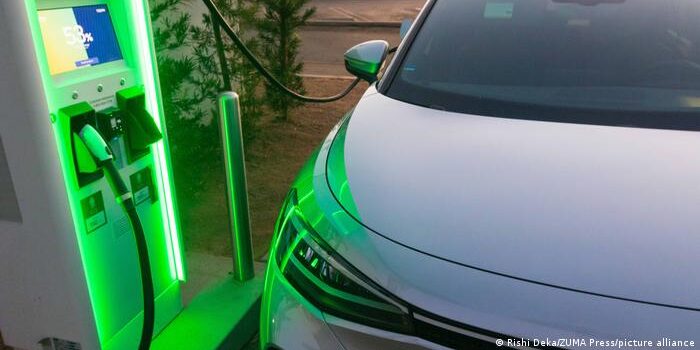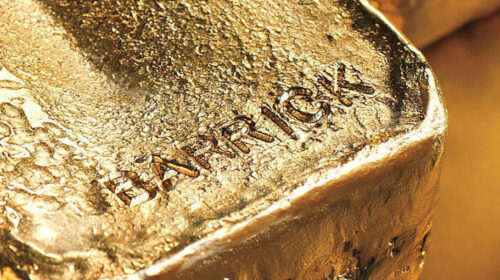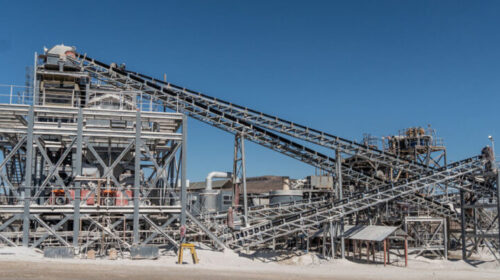6.6 million electric cars sold in 2021, tensions over raw materials are the risk factors for this sector
Despite its undeniable rise in the automotive market in recent years, the electric car automotive industry will face several risks related to the supply of raw materials.
According to a report by the International Energy Agency (IEA), lithium needs are particularly critical. They are expected to increase sixfold by 2030, to 500 kilotonnes, requiring the opening of 50 new mines.
These minerals are extracted mainly in countries such as Australia, Chile or the Democratic Republic of Congo, considered as the new destination for this market.
But China produces three-quarters of lithium-ion batteries, the dominant technology, and controls more than half of the processing and refining capacity for lithium, cobalt and graphite.
Sales of electric cars have exploded worldwide in 2021 but the future availability of raw materials such as lithium is worrying, underlined on Monday May 23, 2022, the International Energy Agency (IEA) in its annual report on the electrification of the park.
In 2021, more than 6.6 million units of electric cars were sold, half of them in China. Sales of electric cars have doubled in one year and now account for 10% of new car sales. They continued to accelerate at the start of 2022 with two million units sold in the first quarter (+75% over one year).
According to this IEA report, these sales were strongly driven by public subsidies which doubled in 2021 to reach nearly 30 billion euros worldwide.
Manufacturers, for their part, have multiplied by five the number of vehicles available between 2015 and 2021: around 450 electric models are now on sale.
The International Energy Agency also notes that Europe produces a quarter of electric cars, but controls very few raw materials, just like the United States.
“The European and American Governments have made strong commitments to develop battery production capacities, but the majority of the supply chain should remain Chinese until 2030”, underlines the IEA.
In the short term, sales could also be hampered by the rise in the price of raw materials used in batteries, as well as logistical problems linked to the war in Ukraine and the confinements linked to Covid-19 in China.
Thus, the IEA recommends increasing taxes on thermal vehicles while gradually reducing subsidies for the purchase of electric cars.
The Agency also recommends extending these programs to trucks and buses but also to developing countries, and supporting them by setting up charging networks.
47 total views , 1 views today





